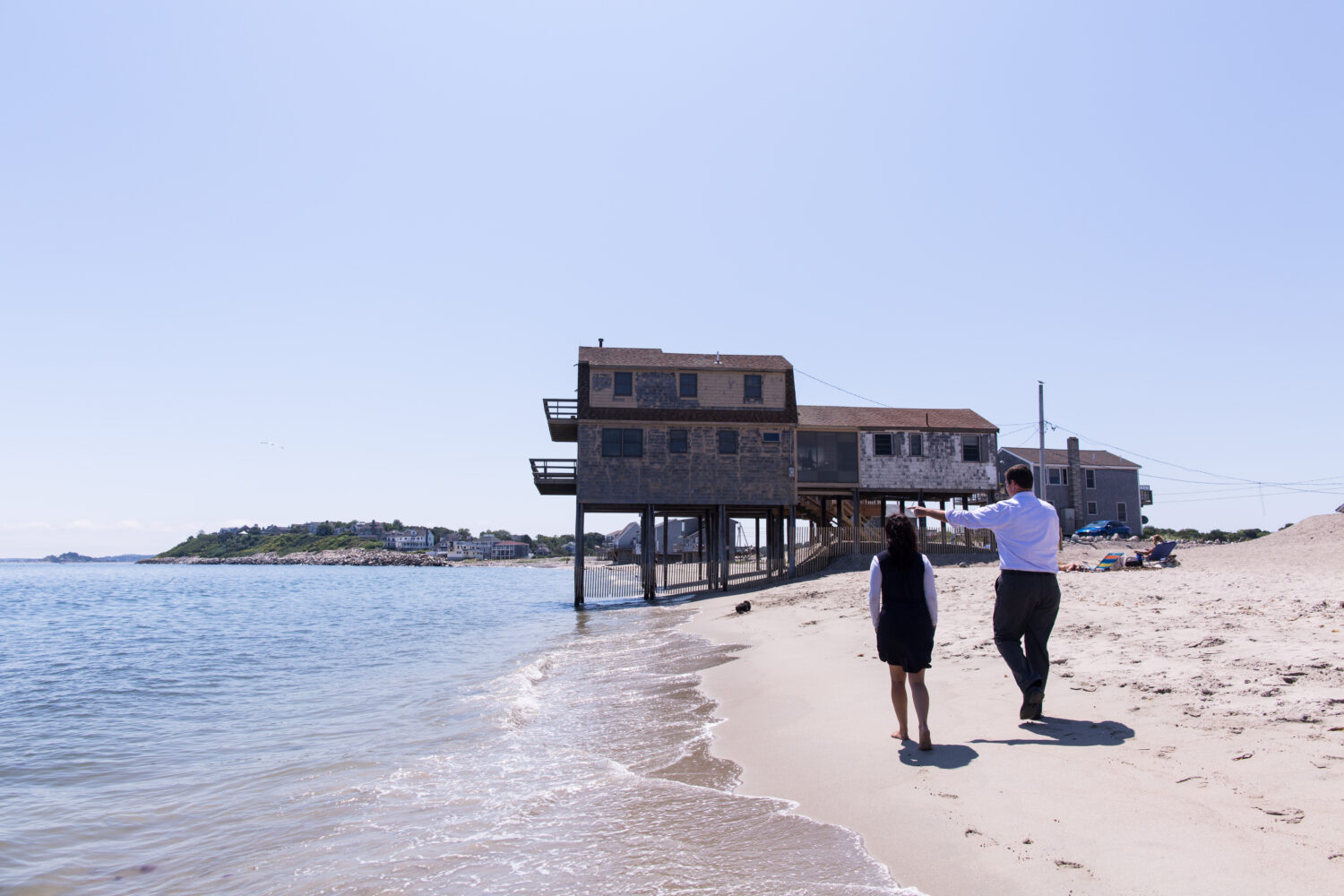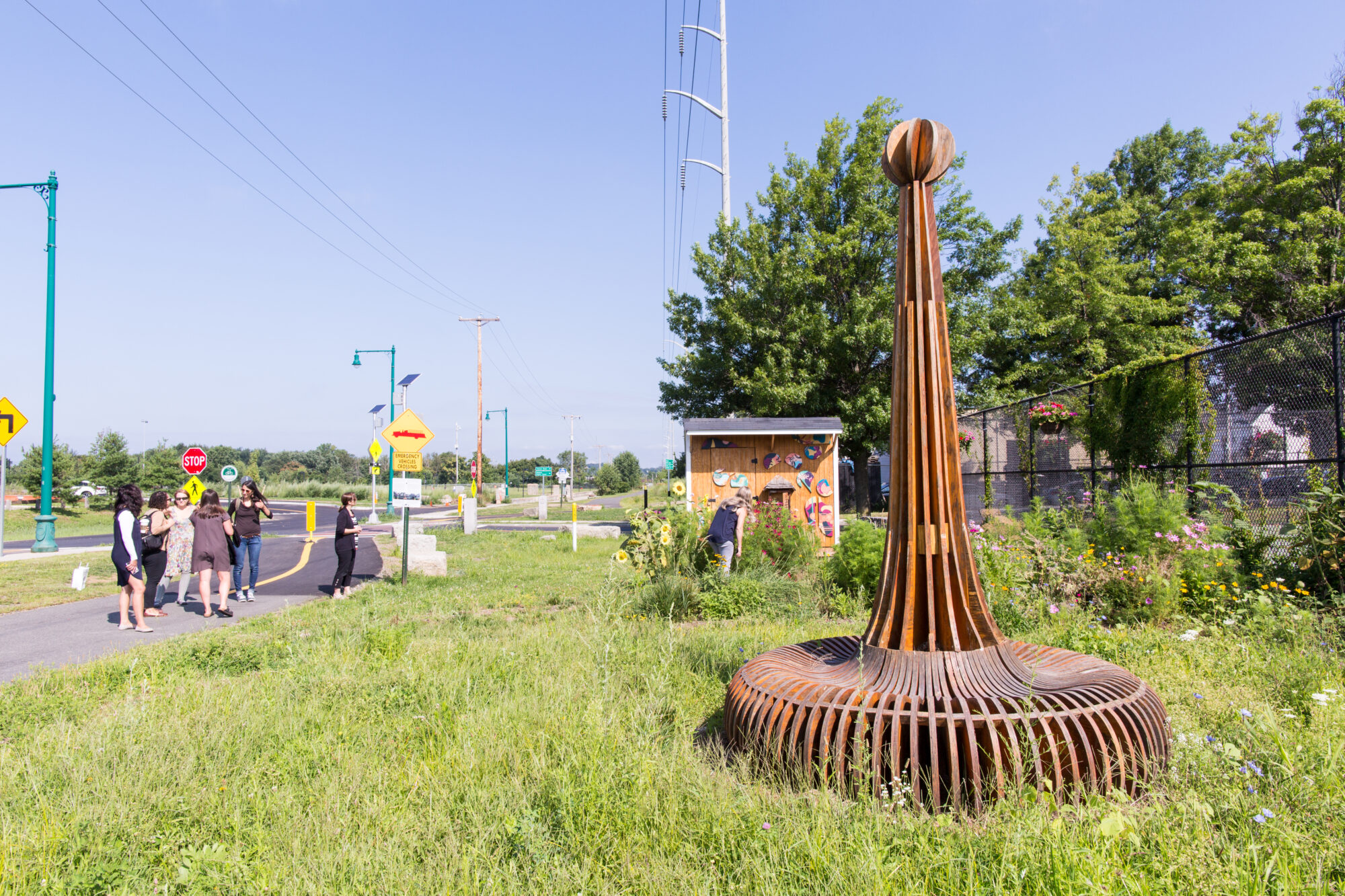
Community Heat Resilience
Massachusetts is getting hotter. By 2030, the state is expected to endure more than 30 days over 90 degrees per year, more than double today’s count.
Clean Energy and Climate Resilience are partnering with the Metropolitan Area Planning Council and Frontline Solutions to launch the Community Heat Resilience pilot.
Our overarching goal is to build relationships between municipalities, community based organizations, and environmental justice communities that enable them to develop and implement long-term, collaborative solutions to extreme heat. The pilot advances this goal through local work in three communities and broader statewide community of practice seeking to develop a heat policy agenda for Massachusetts.
While extreme heat impacts everyone, not everyone is impacted equally.
Environmental Justice (EJ) communities are often exposed to higher temperatures in urban heat islands, and lack access to green spaces and cooling in their homes.
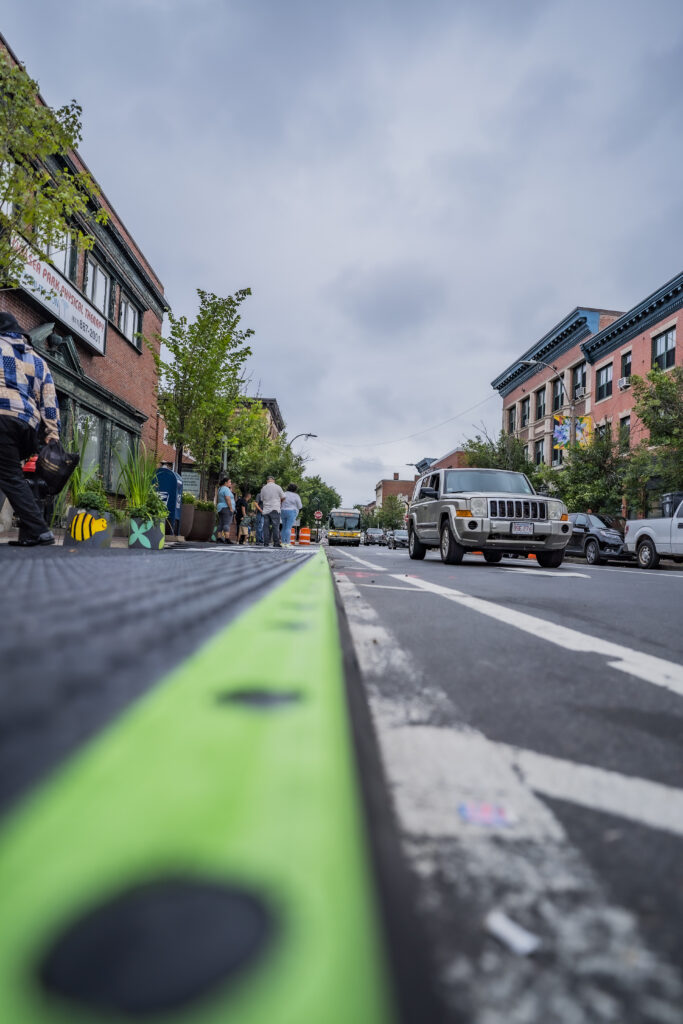
Selection Process
Barr and the Metropolitan Area Planning Council selected three cities in Greater Boston for initial Community Heat Resilience investments. Selected grantees receive two years of funding and technical support to participate in the cohort to design and implement a local heat resilience project.
Our selection criteria included:
- The presence of environmental justice (EJ) communities with urban heat islands or greater exposure to extreme heat
- An emerging or existing foundation of local work on extreme heat and community resilience
- City departments and community-based organizations with experience working together on planning processes
- Communities with capacity and commitment to dedicate resources to a multi-year process focused on heat
Initiative Goals
To help municipalities move from responding to heat as an emergency to systematic and institutionalized planning, we will:
- Goal 1: Build lasting relationships between EJ communities, community based organizations, and municipalities so that they can develop a long-term vision for heat planning in their communities.
- Goal 2: Coach, guide, and provide technical assistance to these partnerships as they ideate, design, finance, and implement community-driven heat resilience projects in communities that face disproportionate exposure to extreme heat.
- Goal 3: Establish a Community Heat Resilience Community of Practice (COP) that includes cohort members and other stakeholders working on heat resilience In Massachusetts. Empower the COP to leverage local projects and learnings to advocate for municipal, state, and federal policy changes, as well as increase knowledge and capacity around climate equity issues.
Building on existing work
The Community Heat Resilience Pilot builds on Barr’s COVID Safe Cooling project, active between 2020-2023. COVID Safe Cooling was an emergency response program focused on funding and developing innovative cooling solutions during the COVID-19 pandemic.
The Community Heat Resilience pilot builds on the research and relationships from COVID Safe Cooling to create durable policy solutions and foster systemic change.
Media Inquiries
For more information and media inquiries, please contact Antonio Caban.
Cohort of Partners
Heat Resilience Insights
View all View all blog posts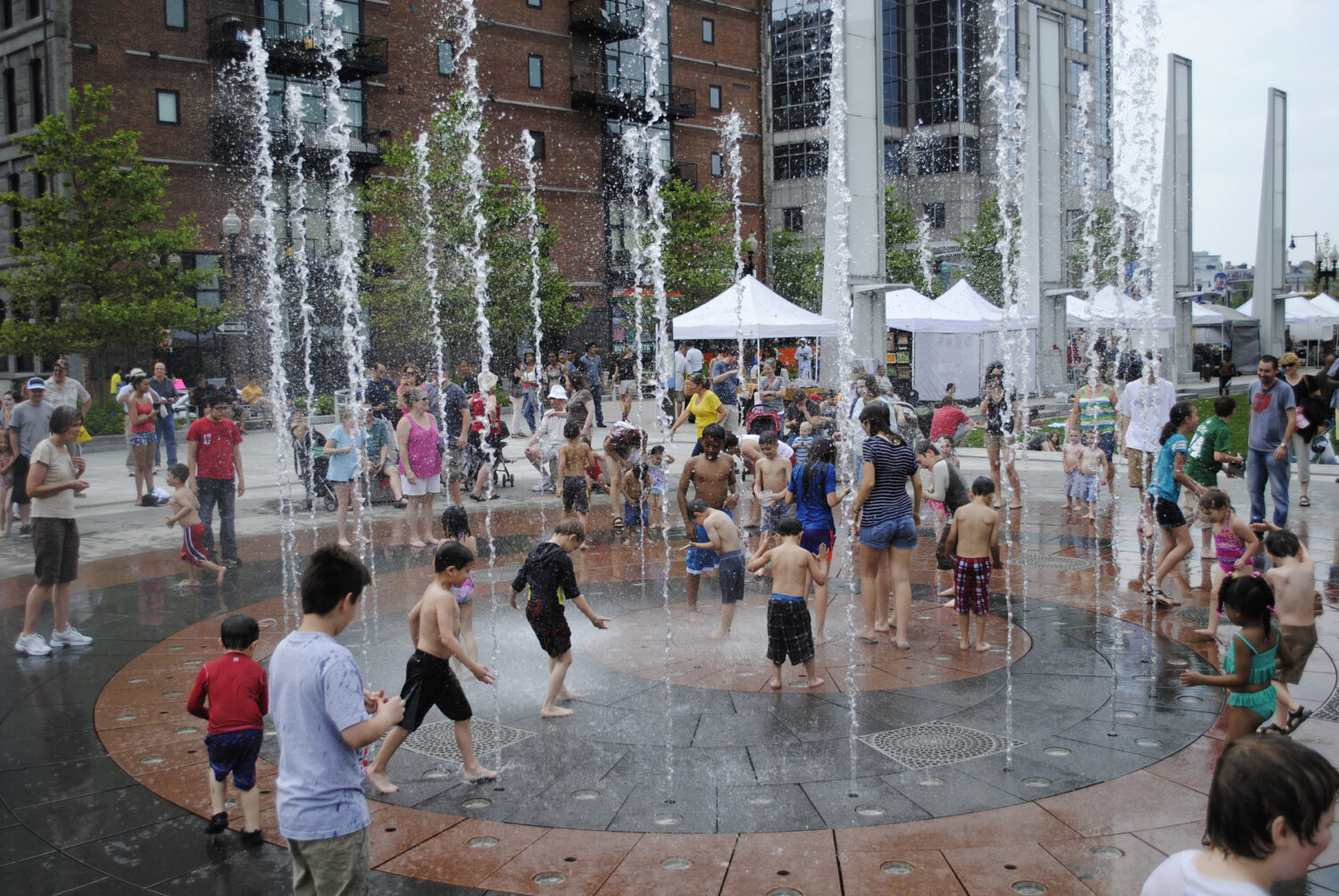
Preparing Now for Hotter Summers
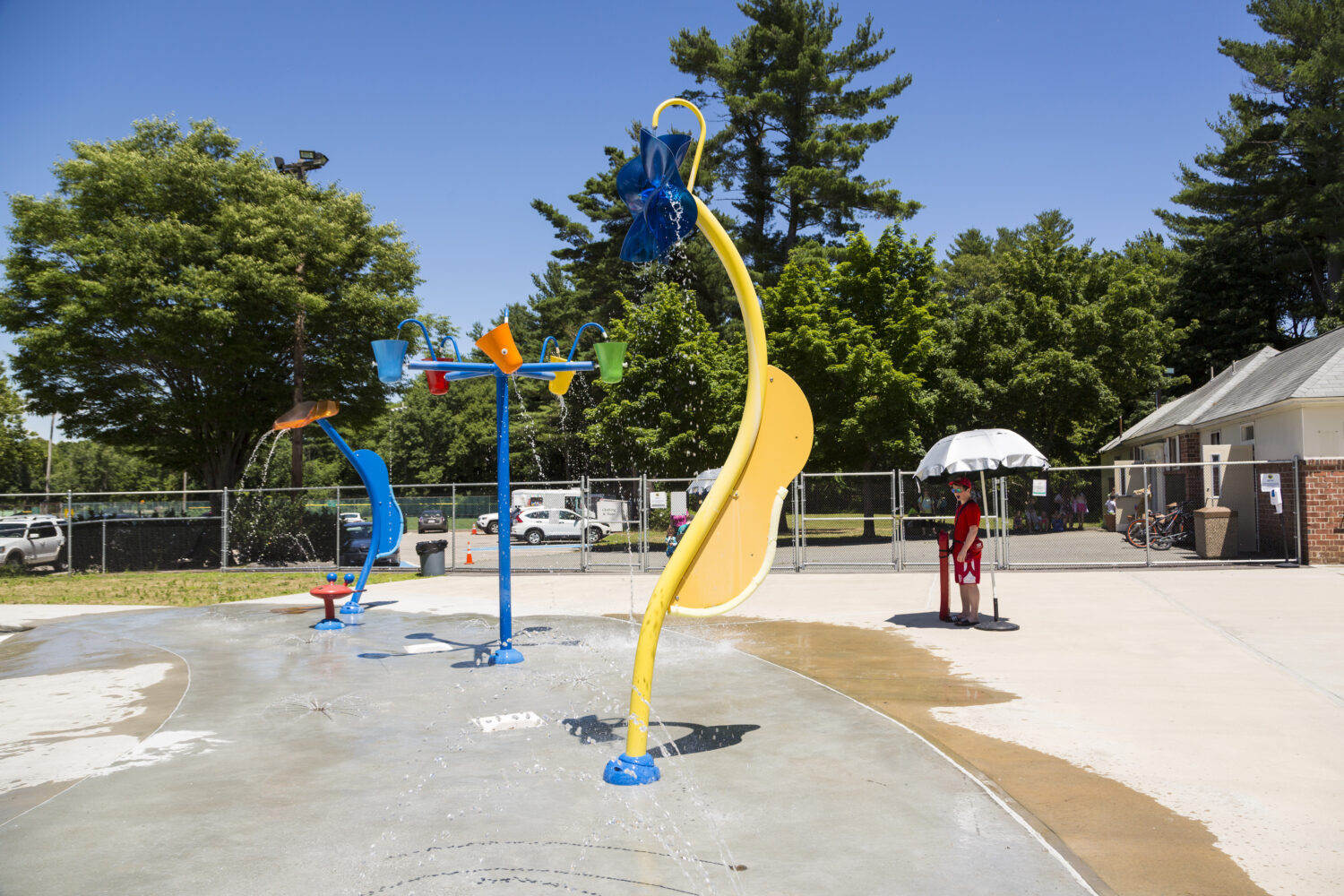
Ahead of the Heat Wave: Preparing for Extreme Heat in Massachusetts
